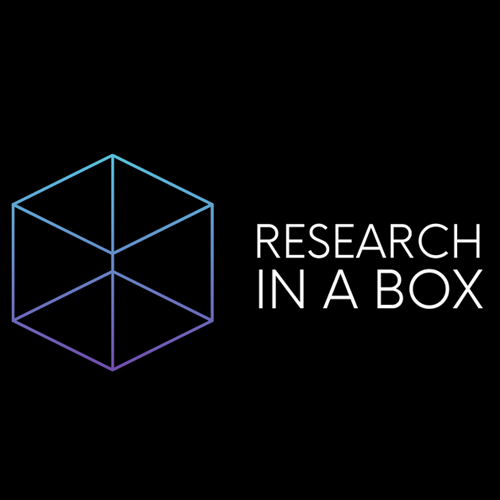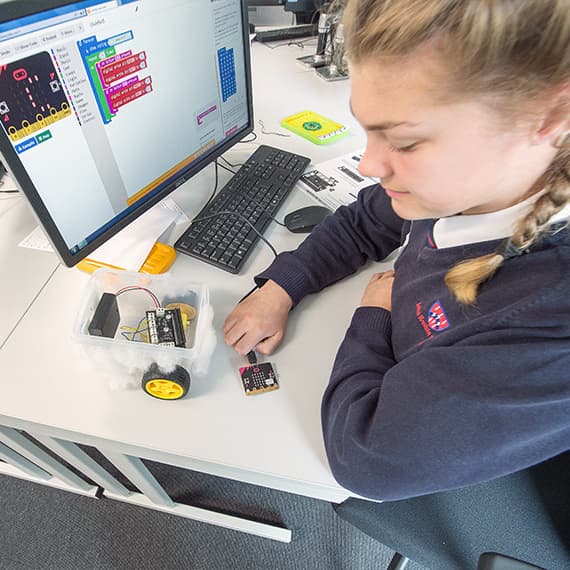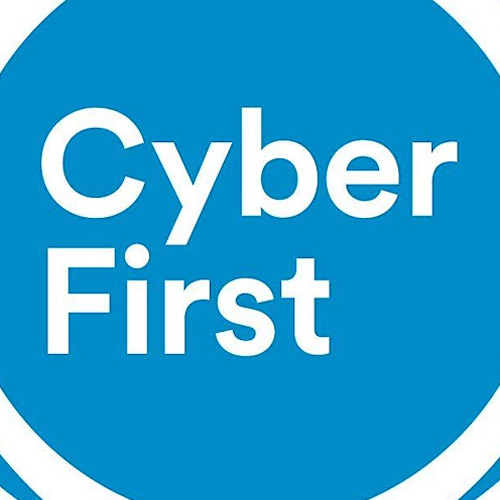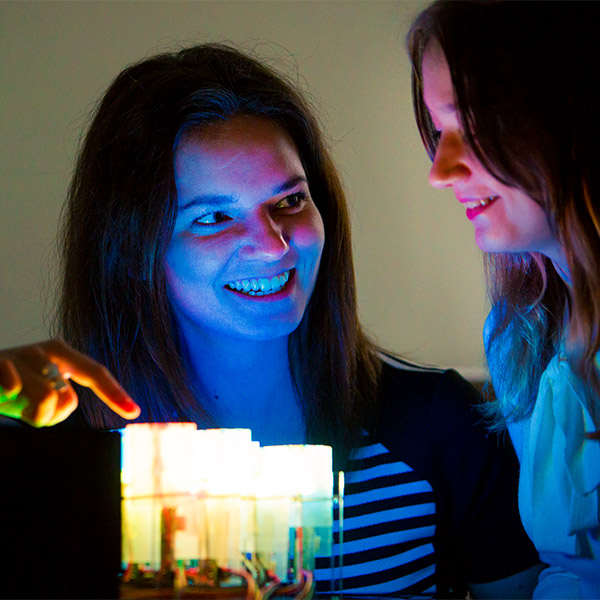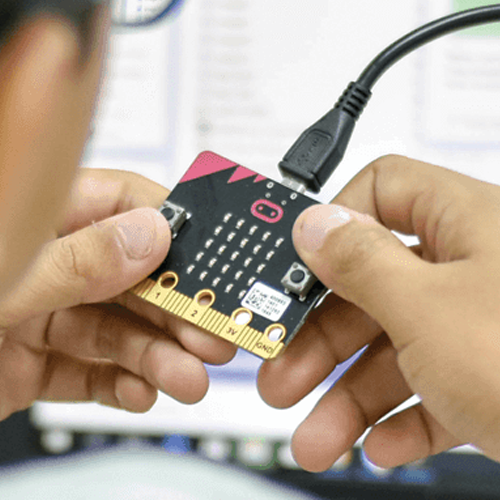We engage with schools and colleges across the North West, supporting and inspiring pupils and teachers to try some hands-on computing, to hear about our research and to find out about life at university.
We have strong links with both Teach Computing and the National Centre for Computing Education (NCCE) and their hubs located within Lancashire and Cumbria, as well as the online platform, Isaac Computer Science. All of these organisations offer a range of support for the teaching of computing in schools and colleges.



